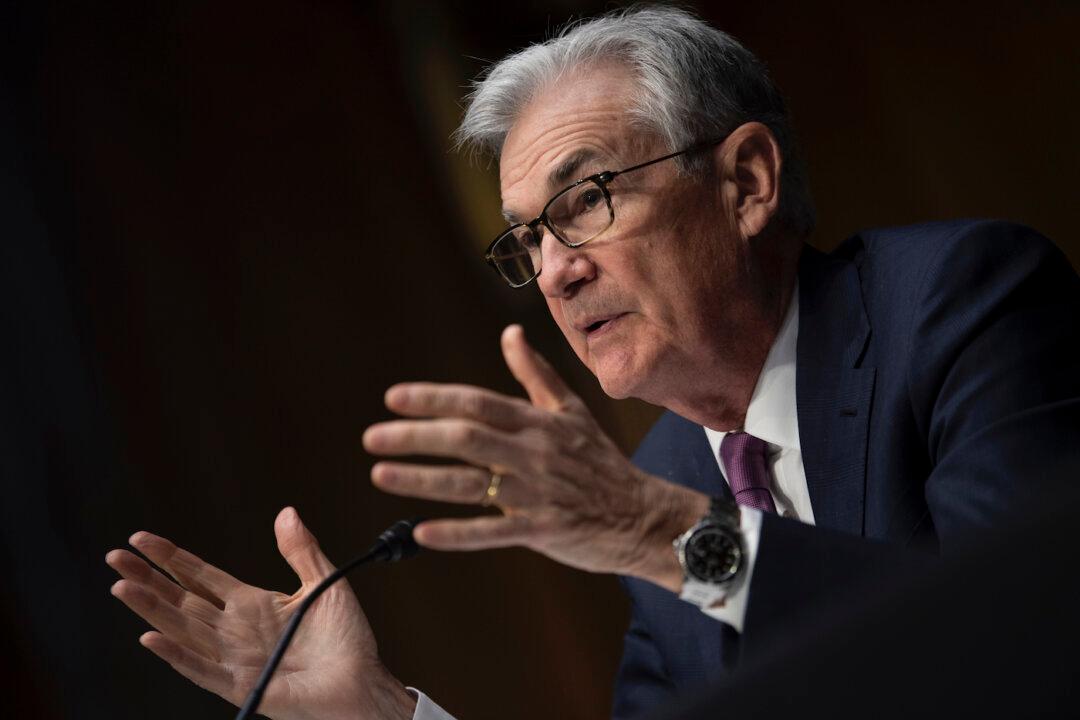News Analysis
Federal Reserve Chairman Jerome Powell testified before the Senate on Tuesday on the occasion of his re-appointment by President Joe Biden for a second term in his current position.

Federal Reserve Chairman Jerome Powell testified before the Senate on Tuesday on the occasion of his re-appointment by President Joe Biden for a second term in his current position.